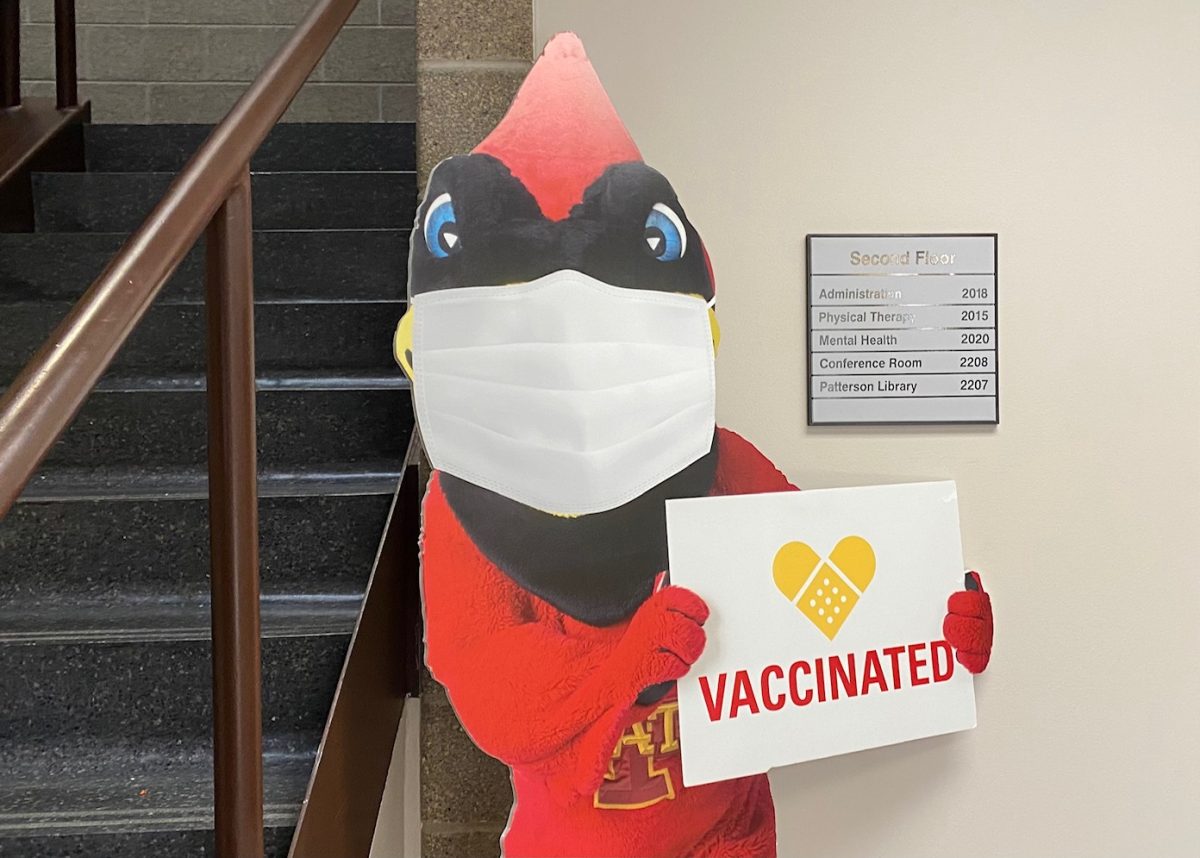Pets provide therapy
October 23, 1998
Pets not only provide lasting friendship and companionship, but they also can provide a form of therapy for people in need.
Pet-facilitated therapy uses the interactions with a pet to help reduce stress, lower blood pressure and encourage social interaction.
“Having the pets around will bring back memories,” said Teresa Peterson, activities director at the Grand Avenue Care Center, a nursing home at 3440 Grand Ave. “People who experience pet therapy will talk about their experiences for days.”
Peterson said the types of people who benefit the most from pet therapy are those who are introverted and do not participate in group activities.
“I absolutely recommend pet therapy,” Peterson said. “Most people [in our nursing home] love animals and used to have them. It gives people memories, and it makes them happy.”
Pet-facilitated therapy does not only benefit the elderly, but also the disabled and patients suffering from terminal illnesses, said Eugene Deisinger, assistant director of Student Counseling Services.
“Having the presence of a pet such as a cat, dog or bird has a soothing effect on a patient and helps to reduce depression,” Deisinger said.
He said pet therapy works well with those people who suffer from depression and tend to be self focused. Having pets helps takes the focus off themselves by giving other beings to care for, he said.
“Pets give a feeling of mastery over something,” Deisinger said.
Lorna Lavender, director of the Ames Animal Shelter, 325 Billy Sunday Road, said it is a known fact that animals reduce stress and encourage social interaction. She said she is very willing to use animals to help people.
“Pet-facilitated therapy is beneficial for those who are lonely and need something to look forward to,” Lavender said, recalling a conversation with a nurse who had one introverted patient start opening up by reviving memories she had after she interacted with a pet.
The Ames Animal Shelter uses mainly puppies for pet-facilitated therapy, Lavender said.
“The most successful form of pet therapy is when the pet and owner can come in so the pet can be under command,” Lavender said. “We do not recommend shelter pets, but we will put them through a screening process to see how the animals respond in different environments.”
The screening process for shelter pets entails setting up different situations to see how the pet will react with the environment, with foreign objects and with strangers.
Currently, the Ames Animal Shelter does not have a program for pet-facilitated therapy, but is looking for volunteers to coordinate a program for pet therapy and to work with their pets for two to four hours a month.
“Having a pet around can help break the ice of communication and is a relatively simple way to interact with people,” Lavender said.






